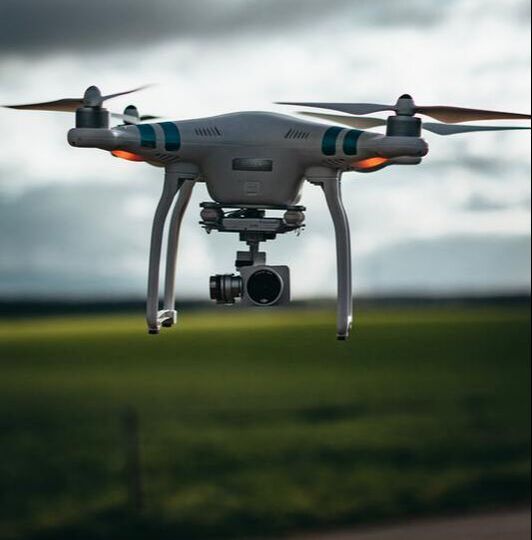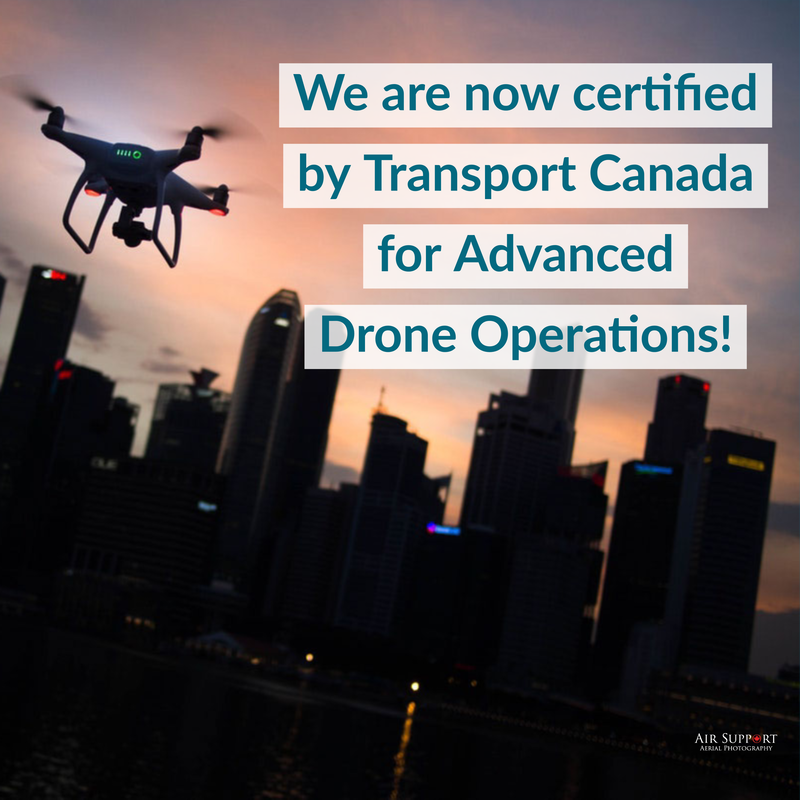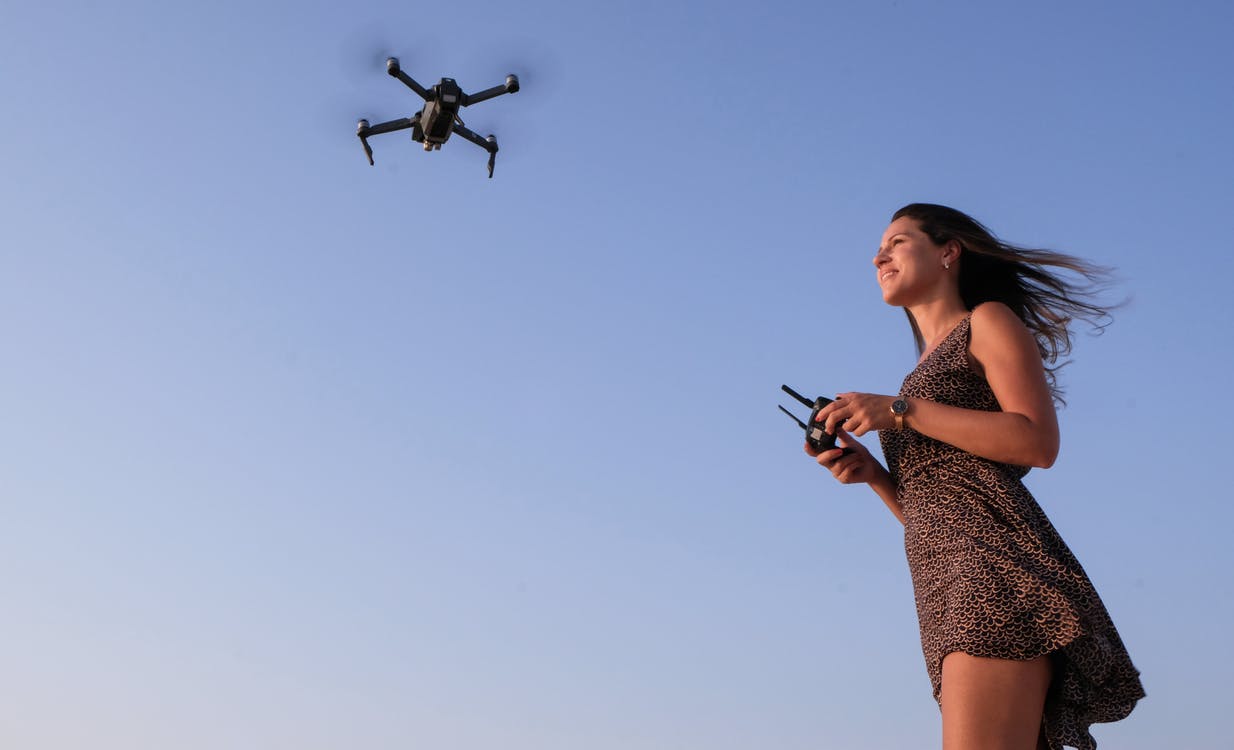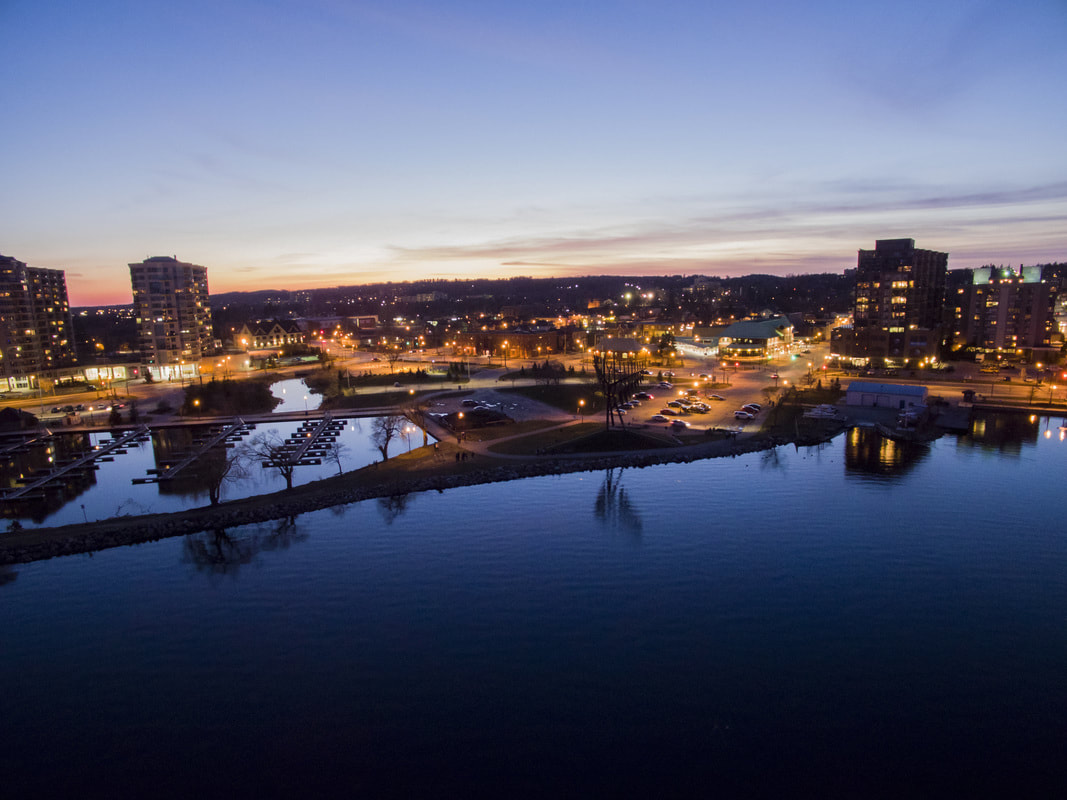|
Very Exciting news indeed! First reported here off of DJI's news page, DJI drones (list in the link) are now allowed to be in controlled airspace as well as flying over people under the new Transport Canada rules set to come into effect this June 1st.
As a DJI drone operator ourselves, this opens up so many new, unique and exciting opportunities to both us and our clients. We are excited to provide amazing aerial media in a safe, professional and privacy-respecting manner. Indeed, Canada has done a very good job with the new rules thus far. Any thoughts or questions? Let us know in the comments below!
1 Comment
The results are in, and they look great! Under the new Transport Canada rules for drones starting June 1st, 2019, RPAS operators (drones are now called RPAS) are required to hold Basic or Advanced certificates to fly RPAS commercially. We at ASAP officially received our Advanced Certification this past weekend are are proud to announce this means we will continue to be able to provide our amazing services and media and are now available in even more and unique locations! For more information, feel free to contact us directly!
Thank you to all who have supported us on our journey over the years, and here's to the many more to come! ~H It is both an exciting but stressful year for drone operators around Canada! June 1, 2019 is the day that the new drone regulations from Transport Canada come into effect. You can read the new upcoming rules here of Transport Canada's web site, but rest assured, we have already completed our certifications! Also check out the below videos for more information! Going on a Trip Across Canada, or even to another country but you're not too sure about bringing your drone? That's what this post if for! For starters, if you are travelling across Canada by car, by all means, bring your drone! Just be sure to follow the Transport Canada rules and the local municipal by-laws. Also, remember you are NOT allowed to fly in National Parks without permission from Parks Canada.
Flying, and going international is a little different. Depending where you go, the rules can change drastically. Certain countries may have rules in place for recreational/tourism drones such as Canada, America and the U.K. while some countries may have banned them outright! Some may even have no rules at all, it is your responsibility to research before arriving to the country you are visiting. Another factor to think about is the drone itself. Chances are, it is powered by a lithium-ion battery, and may need special treatment as it may be considered a "dangerous good". Ask the airline you are taking to ensure that you do not have to do any special paperwork if you are bringing a drone with you, better safe than sorry! Remember to use common sense, and you will be generally OK. Now go get some amazing shots, and happy landings! In a quick little video, it is shown here that a drone (let a lone a small DJI Phantom, one easily acquired by anyone these days) does internal damage to the wing while a bird would do mostly external damage. Another reason to #flysafe
Do you fly a drone for fun in Canada? Awesome! Make sure you know these laws, and help make all airspace safe!
As seen by the many memes and posts across the internet, there is a real wave of calling "drone pilots" a joke. Calling drone operators pilots, for some, conjures up images of under-qualified persons flying drones and saying to all of their friends and family they're full fledged mavericks and pilots, while traditional pilots (like myself) took time and effort to get our pilots licence(s), ratings, etc...
As defined on the Transport Canada website, a PIC (Pilot in Command) is defined by as "The pilot having responsibility and authority for the operation and safety of the aircraft during flight time.". Furthermore, the Transport Canada definition for aircraft is defined as "Any machine, including a rocket, capable of deriving support in the atmosphere from reactions of the air". So from a definition standpoint, yes, commercial operators of drones are legally deemed "pilots". To prove this even further, Transport Canada calls drone pilots pilots as viewed from their site here on the Pilot knowledge requirements for UAV's (link). While they are not be flying friends and family around, drone pilots are indeed, well, pilots! Just not in the traditional sense. (I still think being an actual PPL pilot is more badass). Having your UAV SFOC, or PPL, etc... We are ALL responsible for the safety and wellbeing of our operations, and must remember to work together to keep airspace open, secure and safe for everyone! This is a very important, yet sometimes difficult subject to talk about. With drones becoming more cheaper and more easy to get, there stands to reason that people who are not qualified or do not have "common sense" may attempt to fly for money without thinking about the safety of the public or the legal requirements as we have discussed before. If they are a legitimate operator, they should have talked to you and other neighbours in the area to let you know what is going on before flying a drone. Below is a few steps to go through if you think they are not flying legally (as a commercial entity). Lets say you're at home, and a drone is flying above your house, or maybe it is flying close to your kids, or simply over your property, or is doing dangerous manoeuvres near your property. What do you do?
Below is a simple process one should follow if you get into one of these situations with a suspected commercial operator (NOT a hobbyist). Before we start, If you feel that your life or someone else's life is in immediate danger, call 911! (please note I said danger and not being annoyed). 1. Talk to the Operator (If present) The first stage you should always take if possible is simply talking with the operator of the drone. If they are flying commercially legally, they should have a spotter (A second person with them meant to look out for people walking, cars, etc...). Staying 100 feet away from their operation, yell to get their attention. Do not approach the operators if the drone is still in the air. Once the drone is landed, you can then approach and let them know your concerns. Please be courteous, since they might be a legitimate operator, and they have talked to the other neighbours but possibly forgot you! (It happens, we are all human). If you suspect they are working 'under-the-table' You may ask to see their S.F.O.C. and/or insurance (which they should have both at the operation if they are a legitimate operator). An S.F.O.C. (Special Flight Operators Certificate) is paperwork from Transport Canada saying this operator is allowed to fly commercially, and the insurance of the operator must be at least $100,000 for liability. 2. Reporting to Transport Canada If you deem that they are an illegitimate drone operator, then you may want to report them to Transport Canada (Link to reporting page here). Simply follow the process and fill in the required fields. Reporting an unsafe or an illegitimate operator helps make both the Canadian drone industry and your community a safer and more connected place. 3. Ask Questions, and get informed! Do you have questions if something is legal or not? You can contact Transport Canada with questions, or even contact a legitimate operator like us! We are always willing to help educate the public! Have questions right now? Feel free to comment below! Click here for the official Transport Canada Drone information page! Click here for the official Transport Canada Drone Incident Reporting Page! It is a question that you may have asked yourself before: "Why Should I hire a professional? My friend has a drone that can take photos of the property I am trying to sell" or "I can just buy a drone and take shots of the construction site myself!". Many other similar arguments can be made, but hiring a professional in the Canadian drone industry is always the best option. Here are some reasons why it is best to hire a pro like us to do the aerial work!
1. We are Legal As a professional company in the industry, we have put in our time to ensure that we are approved by Transport Canada, are fully insured for liability damages, and are a registered business. When you are hiring someone to do any commercial work with a drone, they must have the minimal listed above. Hiring a pro means that you will be covered liability wise, and will be supporting the legitimate businesses who work hard to follow the rules and that help create a safer and more effective industry for all! 2. Quality! We are well practiced when it comes to both flying a drone, and professional photography and film production. We have the resources to help make your project(s) stand out from the rest of the crowd, and the experience to make the process seamless. Don't compromise the quality of your project! Go pro! 3. You may Learn Something Even if you are a drone hobbyist yourself, hiring a pro means that you may learn from them! Ask them questions while they are working for you, you may learn something new about the industry, or even your drone! 4. Support Local Small Business! Air Support is a small, locally owned and operated business in Barrie Ontario. By hiring us, you help support local creatives and help the local economy thrive! We also put in the hard work to educate our local community on the drone industry, as well as put in the long hours to be a legitimate, safe and fully legal drone business. Please don't support fly-by-nighters, support legitimate local businesses like us! If you don't feel confident that the people you hired are legitimate, ask to see their S.F.O.C! Any other ideas why you should go with the pros on projects? Let us know below! As always, thanks for reading! A good little video from Henry describing the basic rules! Enjoy!
|
Henry Baillie-BrownHenry is the founder and operator of Air Support Aerial Photography. Here he talks about A.S.A.P. news, drone industry news, and opinion pieces! Archives
April 2024
Categories
All
|
HoursEveryday: 9am-5pm
|
Telephone705-279-3597
|
|






 RSS Feed
RSS Feed
